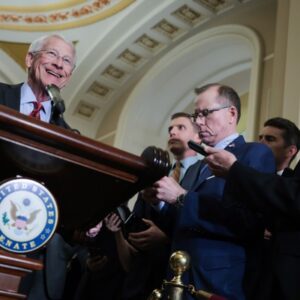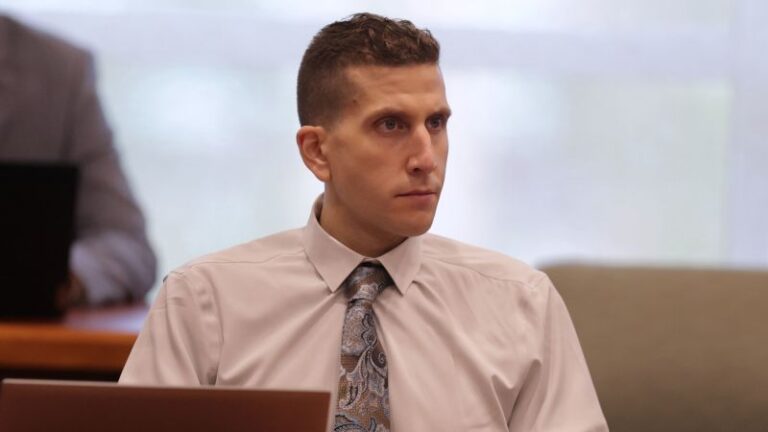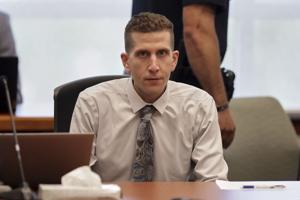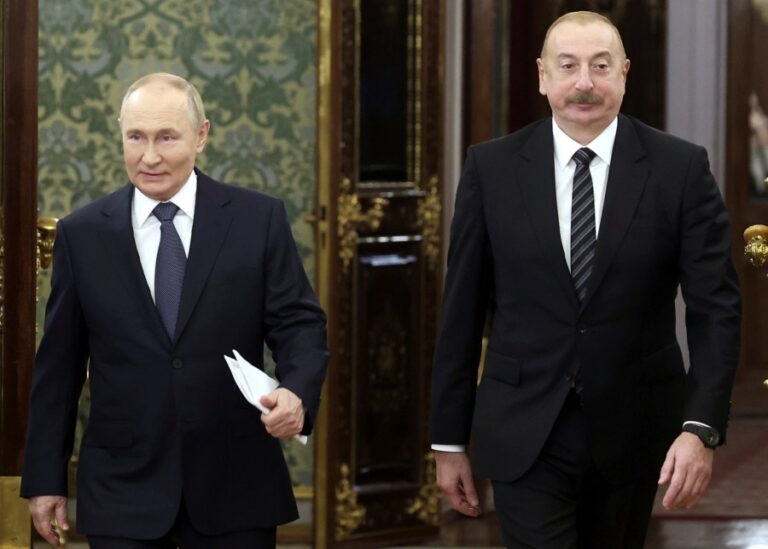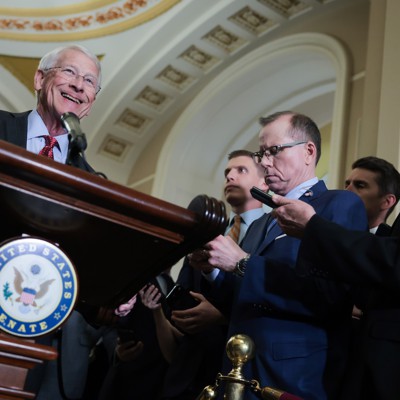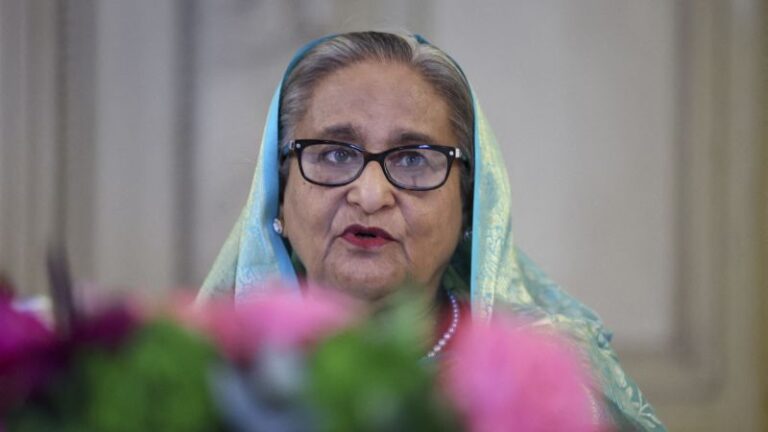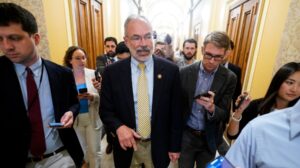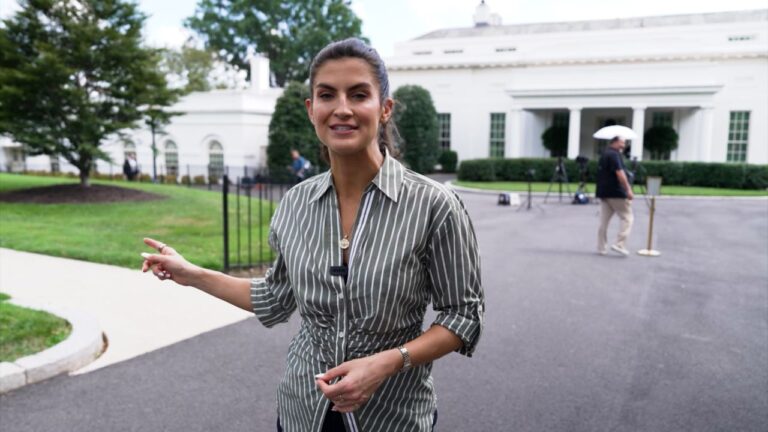Bryan Kohberger is expected to appear in court on Wednesday to plead guilty to the murder charges stemming from the fatal stabbing of four University of Idaho students in 2022. This plea deal, agreed upon just weeks before his trial was set to commence, allows Kohberger to avoid the death penalty, which prosecutors had initially sought. The 30-year-old is charged with the killings of Kaylee Goncalves, Ethan Chapin, Xana Kernodle, and Madison Mogen at a rental home near the university’s campus in Moscow, Idaho, on November 13, 2022.
The northern Idaho community, a farming town with a population of about 25,000, was deeply shaken by the incident, marking its first homicide in five years. The decision to offer a plea deal has sparked a mix of relief and controversy among locals and the victims’ families.
The Courtroom Proceedings
During the hearing, Judge Steven Hippler addressed Kohberger directly, ensuring he understood the plea agreement and the consequences. Dressed in a gray shirt and dark tie, Kohberger confirmed his guilty plea was made “freely and voluntarily” and not due to any external incentives. The families of the victims maintained stoic expressions as they listened to Kohberger’s brief, affirmative responses.
Judge Hippler also clarified that he learned of the plea agreement only on Monday, emphasizing that the court cannot mandate prosecutors to seek the death penalty. He addressed criticisms from some victims’ families who opposed the plea deal, stating,
“This court cannot require the prosecutor to seek the death penalty, nor would it be appropriate for this court to do that.”
Public Reaction and Legal Implications
As the courtroom filled with over 100 attendees and nearly 12,000 people tuned in via livestream, the atmosphere was tense. Among those present were the families of the victims, who arrived solemnly. Ethan Chapin’s parents, who support the plea deal, were among the first to enter the courthouse.
Outside, the scene was bustling with reporters and true crime enthusiasts, some of whom had arrived as early as 2 a.m. to secure a spot inside. By 8 a.m., the crowd had grown to around 40 people, all eager to witness the proceedings firsthand.
The plea deal has sparked a debate within the community. Moscow resident Luke Brunaugh expressed dissatisfaction, stating,
“I think it’s just unfair to the families. It allows him to hide. He never had to really go to trial. He is answering to his crimes, but not to the fullest extent in my opinion.”
Meanwhile, Heidi Barnett, whose son attends the University of Idaho, viewed the plea deal as a way to spare the families from the emotional toll of a lengthy trial.
Background and Legal Maneuvering
Kohberger’s decision to accept the plea deal came after his defense team’s unsuccessful attempts to prevent the death penalty. They argued that pursuing capital punishment would violate standards of decency and international law, and cited Kohberger’s autism diagnosis as a mitigating factor. Additionally, they challenged the validity of DNA evidence and sought to introduce the possibility of another perpetrator.
These efforts were ultimately unsuccessful, leading Kohberger to opt for a plea deal as a last resort to avoid execution. This case highlights the complexities and challenges of navigating the legal system, particularly in high-profile cases involving the death penalty.
Victims’ Rights and Future Implications
The plea deal has also brought to light the limitations of victims’ rights in the legal process. Although Idaho law guarantees crime victims the right to communicate with prosecutors, it does not grant them the authority to dictate prosecutorial decisions or plea agreements. This has left some families feeling sidelined in the decision-making process.
As the community grapples with the aftermath of the plea agreement, the case underscores the ongoing debate over the death penalty and its role in the justice system. While some see the plea deal as a means of closure, others view it as a missed opportunity for justice.
Moving forward, the focus will likely shift to the broader implications of this case on legal practices and victims’ rights advocacy. As the community continues to heal, the conversation around justice and accountability remains as pertinent as ever.


